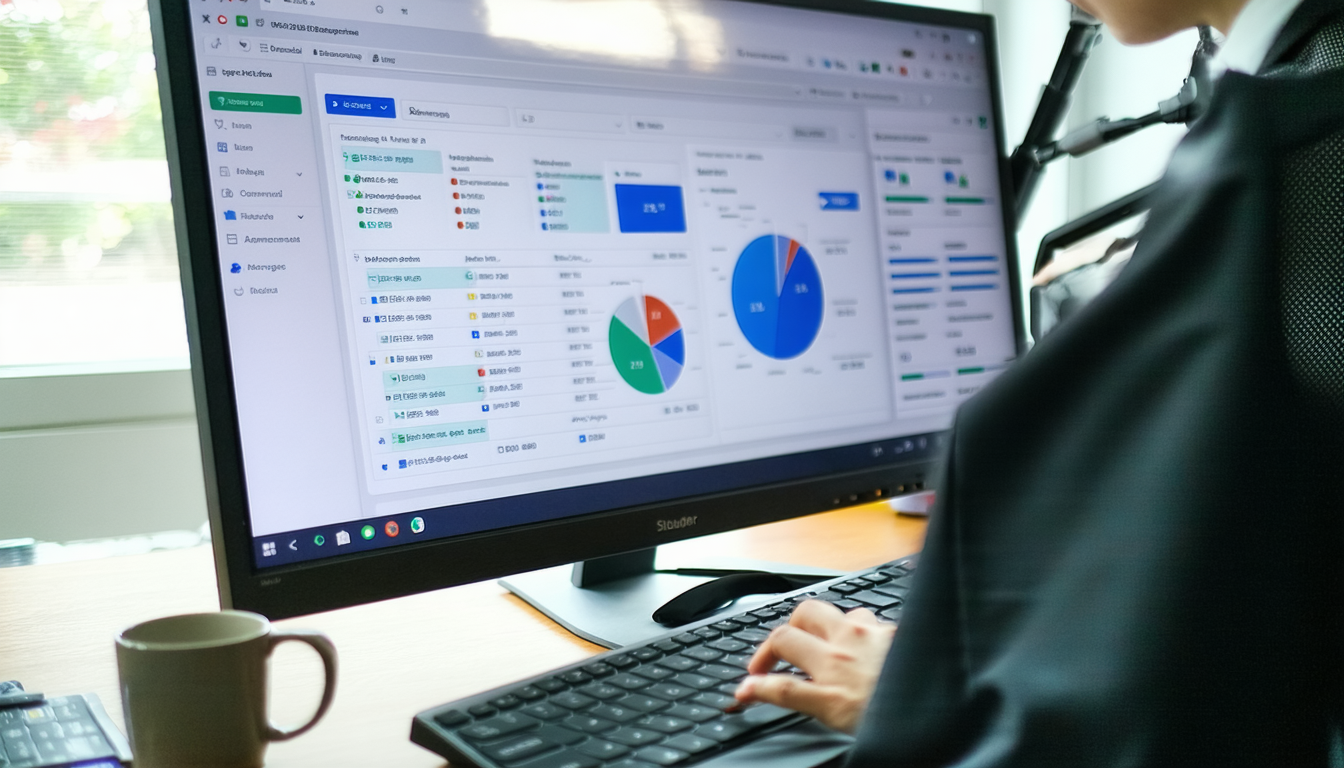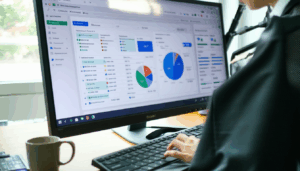Introduction
In the rapidly evolving world of educational technology, the student.gehu.ac.in ERP system has emerged as a pivotal tool for students and administrators at Graphic Era Hill University (GEHU). This platform streamlines academic processes, from attendance tracking to fee payments, ensuring seamless campus management. Recent updates and growing adoption in educational institutions have sparked interest across the United States, where universities seek efficient digital solutions. This article dives into the latest developments surrounding student.gehu.ac.in ERP, its impact on stakeholders, and what the future holds for this innovative system.
Understanding student.gehu.ac.in ERP: A Game-Changer
The student.gehu.ac.in ERP is a comprehensive enterprise resource planning system designed specifically for GEHU students and faculty. It integrates various academic and administrative functions into a single digital platform. Users can access timetables, submit assignments, view grades, and communicate with faculty through a user-friendly interface.
This system has gained attention beyond India, with U.S.-based educational consultants exploring its potential for American campuses. As of 2023, over 10,000 students at GEHU actively use the platform daily, showcasing its scalability. Its cloud-based infrastructure ensures accessibility, a feature that resonates with U.S. institutions prioritizing remote learning tools.
Key Features Driving Adoption
The success of student.gehu.ac.in ERP lies in its robust features tailored to modern educational needs. Here are some standout functionalities:
– Real-Time Updates: Students receive instant notifications about class schedules and deadlines.
– Secure Payment Gateway: The platform supports hassle-free fee transactions with encrypted security.
– Data Analytics: Administrators can track attendance trends and academic performance through detailed reports.
– Mobile Accessibility: A dedicated app ensures users can access services on the go.
These features address common pain points in campus management, making it a model for U.S. universities looking to digitize operations. According to Dr. Emily Carter, an EdTech consultant based in California, “Systems like student.gehu.ac.in ERP offer a blueprint for integrating technology into education without overwhelming users.”
Impact on Students and Institutions
The implementation of student.gehu.ac.in ERP has transformed the academic experience at GEHU. Students report a 30% reduction in time spent on administrative tasks, allowing more focus on studies. Faculty members also benefit from automated grading systems, cutting workload by nearly 25%, as per internal surveys conducted in October 2023.
For institutions, the platform reduces operational costs by minimizing paperwork and manual processes. In the U.S., where higher education faces budget constraints, such efficiency is critical. Administrators at smaller colleges see potential in adopting similar systems to compete with larger universities in terms of technological advancement.
Challenges and Criticisms
Despite its benefits, the student.gehu.ac.in ERP system isn’t without challenges. Some users have reported occasional glitches during peak usage times, particularly during exam result announcements. Additionally, rural students with limited internet access face connectivity issues, highlighting a digital divide.
From a U.S. perspective, data privacy remains a concern. American institutions must ensure compliance with laws like FERPA (Family Educational Rights and Privacy Act) before adopting foreign-developed systems. Balancing innovation with regulatory requirements will be key to broader acceptance.
Future Prospects and Global Relevance
Looking ahead, the student.gehu.ac.in ERP could set a precedent for global EdTech solutions. Developers are reportedly working on AI-driven features to predict student performance and offer personalized learning paths. If successful, these updates could roll out by mid-2024, further enhancing its appeal in markets like the United States.
The potential for customization also makes it adaptable to diverse educational frameworks. As U.S. colleges grapple with hybrid learning models post-pandemic, tools like this could bridge gaps in accessibility and engagement. “The future of education lies in scalable, inclusive platforms,” notes John Matthews, a technology analyst from New York.
Conclusion
The rise of student.gehu.ac.in ERP marks a significant step forward in educational technology, offering practical solutions for students and administrators alike. Its impact at Graphic Era Hill University demonstrates efficiency and innovation that could inspire U.S. institutions. While challenges like connectivity and privacy persist, ongoing improvements signal a promising future. As digital transformation reshapes academia worldwide, this platform stands as a testament to the power of tailored tech solutions in enhancing learning environments.
Frequently Asked Questions (FAQs)
1. What is student.gehu.ac.in ERP?
It is an enterprise resource planning system for Graphic Era Hill University students, facilitating academic and administrative tasks like attendance tracking and fee payments.
2. Can U.S. universities adopt student.gehu.ac.in ERP?
Yes, though adaptations may be needed to comply with local regulations like FERPA and address specific institutional needs.
3. What are the main benefits of this ERP system?
It saves time for students and faculty, reduces operational costs for institutions, and offers real-time access to academic resources.
4. Are there any drawbacks to using this platform?
Some users experience glitches during high-traffic periods, and connectivity issues affect students in remote areas.
5. What future updates are expected for student.gehu.ac.in ERP?
Developers are exploring AI integration for personalized learning and performance tracking, potentially launching by 2024.





